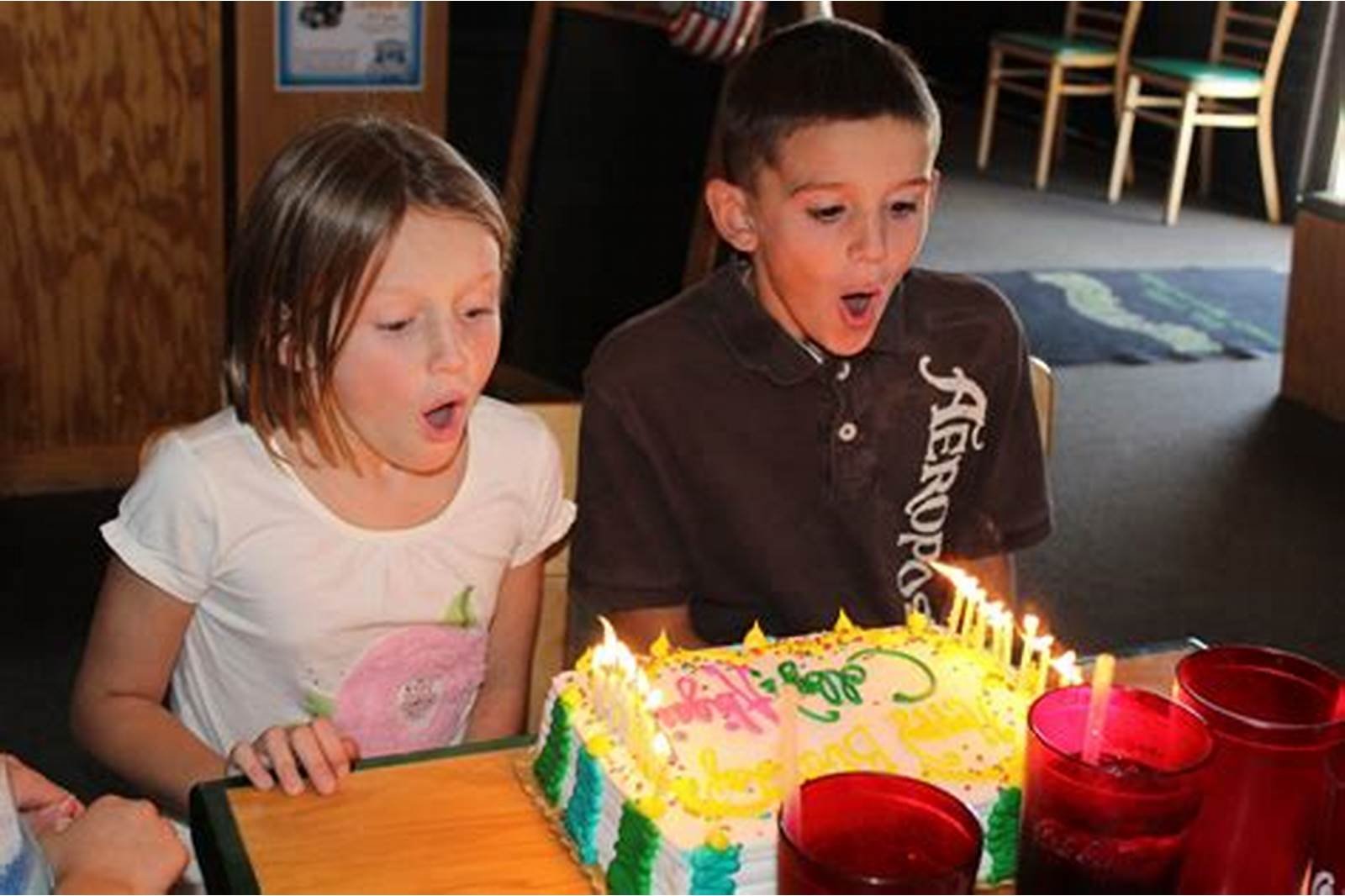
Every year, as birthdays loom on the horizon, parents across the country turn their minds to the wild world of children’s birthday parties!
For some, this is exciting; for some, it’s overwhelming. But organizing this special event to mark a milestone in your child’s life holds a lot more value than the cake and balloons it’s built upon.
This post gives you 8 reasons why children’s parties are so important by exploring how they support confidence and self-esteem, bonding, connection, and the formation of meaningful, lasting memories to aid your child’s development.
Without further ado, let’s get into the post, starting with reason one:
Birthday parties are a very special opportunity to mark the passage of time and to celebrate these life milestones with your children.
It can be special to have an anchor point each year where you are encouraged to reflect on their growth and development. Celebrating this moment with a party is a lovely way to help them recognize their milestone as well.
With a history of birthday parties, these milestones will be marked in your child’s life, and it will be a very special thing to look back on. It will create a lovely record of how they are changing and developing over time.
Being the center of attention amongst all their friends at their birthday party can really boost their self-esteem.
Having a group of people around, celebrating your child and their special day, will make them feel loved and valued, and this positive reinforcement can have a long-lasting impact on their self-confidence.
In a sourcebook on the development of self-esteem, Susan Harter explains that high self-esteem includes displays of “confidence, exploration, curiosity and purposefulness” as well as smiling and taking pride in their activities [1]. What lovely traits to foster and support!
For the majority of the year, we try to teach our kids to give and share and think of others, but having these markers where they are allowed to be celebrated by everyone can be an important part of development.
Birthday parties often bring families together. They can become an occasion for which families might make an effort to create time for the child and travel further afield to visit them.
Often, the memories that accumulate of these times when the family is together can strengthen bonds of the family and strengthen bonds of these relatives with the child. This will also be a really important part of the child’s development.
These moments are likely to be better remembered by your children, whether in real life or because they’re documented better in photos, so these special moments can have a reinforcing effect beyond simply the day itself.
It is likely that your kids will get a lot of attention at their parties and perhaps also a lot of gifts. Learning about gratitude and appreciation is a really important part of life and growing up.
Learning to thank people properly and to notice and value the thought and effort that has gone into the gifts and celebrations is a great life skill. Birthday parties can be a lovely opportunity to develop these skills and traits.
Inviting all of a child’s friends and family to one place at one time can help foster a sense of community and belonging.
Allowing children to experience this feeling of connection and being part of a community. Love and belonging is, after all, key pillar in Maslow’s Hierarchy of human needs, a philosophy outlining key human needs for growth and development.
Most importantly, birthday parties are a way of having fun and creating joy. Children eagerly look forward to their birthdays, anticipating the happiness and excitement that comes with them.
In an academic paper about promoting well-being in childhood education, Anette Boyde Koch discusses the value of including play that fosters fun in pedagogy, describing how fun appears in laughter, smiles, and momentarily in the sense of lightness and freedom [2].
All of the above are perfect interactions you would expect to see at any children’s party! After all, fun is the name of the game!
Birthday parties are a great opportunity for kids to interact with their peers outside of a school environment and develop crucial social skills.
Any new activity or location can shift the dynamics of a group of kids and can be a lovely way to practice and reinforce friendship skills of playing nicely together.
It’s also a nice opportunity to witness your child interacting with their friends, which can be a valuable insight for parents and one you see less of when your children spend a lot of time at school.
As well as being an event designed for your child, there is also a need for them to think of their friends and help in the planning of:
Getting your kids involved in this planning process can, therefore, also be a lovely opportunity to grow in empathy and generosity, considering the needs and wants of the guests and designing an event to bring joy to everyone.
They will likely get a massive sense of pride at the party itself when they see their friends joining in and contributing, which is a lovely learning point for your children about how caring for others can bring you so much satisfaction.
We are convinced, here at Love Advice of the value of throwing children’s birthday parties and hope you’ve found these points thought-provoking and interesting.
This post was guest-authored by Zoe from Parties Universe, who is an expert in creative ideas for throwing magical children’s birthday parties on a budget. Check out her site and the top tips and advice she shares here: https://partiesuniverse.com/
References:
[1] Harter, Susan. “The development of self-esteem.” Self-esteem issues and answers: A sourcebook of current perspectives (2006): 144-150.
[2] Koch, Anette Boye. “Fun and laughter promote well-being in early childhood education and care: Pedagogy of fun and big humour.” Journal of Pedagogy 14, no. 1 (2023): 37-57.

 Get Started
Get Started